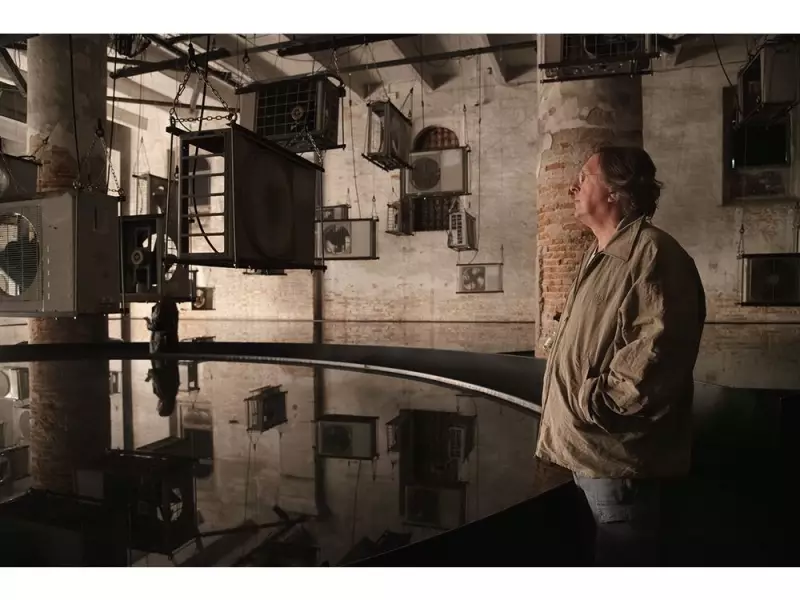
The prestigious 2025 Venice Architecture Biennale is set to undergo a radical transformation, guided by the visionary Third Paradise perspective that promises to redefine how we conceive architectural spaces and their relationship with humanity and the planet.
A Revolutionary Framework for Global Architecture
This groundbreaking approach, developed from the philosophical-artistic movement initiated by renowned Italian artist Michelangelo Pistoletto, represents a significant departure from traditional architectural discourse. The Third Perspective emerges as a bridge between opposing paradigms—creating a harmonious balance between technological advancement and environmental consciousness, urban development and natural preservation.
Canada's Growing Influence in Global Architecture
The inclusion of this perspective at the world's most prestigious architecture exhibition signals a pivotal moment for Canadian architectural representation on the international stage. Canadian architects and designers are increasingly recognized for their innovative approaches to sustainable design and community-focused projects that align perfectly with the Third Paradise ethos.
The core principles driving this revolutionary approach include:
- Reconciling artificial and natural environments through regenerative design
- Fostering social responsibility within architectural practice
- Creating spaces that encourage community interaction and cultural exchange
- Implementing sustainable materials and energy-efficient technologies
- Promoting biodiversity and ecological restoration through architecture
What This Means for Future Cities
The 2025 Biennale's focus on the Third Paradise perspective comes at a critical juncture in urban development worldwide. As cities grapple with climate change, population growth, and social inequality, this framework offers practical solutions for creating more resilient, inclusive, and environmentally responsive urban environments.
The exhibition is expected to feature cutting-edge projects from Canadian architectural firms that have successfully implemented Third Paradise principles in real-world contexts, from sustainable housing developments to community centers that serve as hubs for social cohesion.
Beyond Aesthetic Innovation
This movement represents more than just stylistic evolution—it signifies a fundamental shift in how architects approach their responsibility to society and the planet. The Third Paradise perspective challenges professionals to consider the long-term impacts of their designs on communities, ecosystems, and future generations.
As anticipation builds for the 2025 Venice Architecture Biennale, the architectural world watches with keen interest to see how this philosophical framework will manifest in physical form, potentially setting new standards for sustainable and socially conscious design that could influence building practices globally for decades to come.






